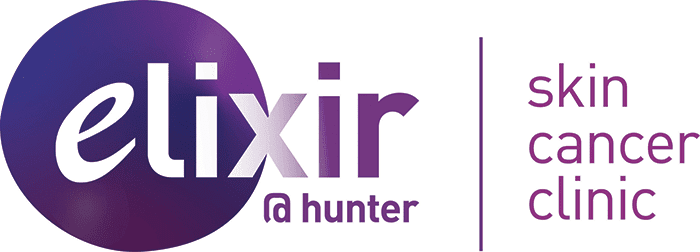How does the sun affect different skin types?

Sunlight is beneficial and life-giving; It also promotes the synthesis of vitamin D for the health of our bones , and stimulates the production of melanin in the form of a healthy-looking tan capable of exerting photoprotection to the skin. It helps in improving our mood and reducing depressive feelings.

We cannot avoid the sun; it is an everyday part of our life. Yet excessive amounts of radiation can be damaging to our skin, and we cannot ignore the known facts about the cumulative effects of sunlight that are manifested early in the form of sunburn and later in the form of skin aging and skin cancer.
Sun damage to a normal healthy person manifest in various ways as
- acute sunburn reaction.
- repeated UVR exposure resulting in photoaging.
- the induction of precancerous lesions called solar keratosis and skin cancers.
- premature aging of the lens of our eyes resulting in cataract formation.
- the alteration of immune responses and of the function and distribution of components of the immune system causing selective immune incompetence.
There is considerable human variability in the tendency to develop these changes both in terms of onset and severity. Persons of different skin colours are very differently susceptible to sun induced skin damage.
The susceptibility of human skin acute and chronic sun damage is directly related to the UV radiation intensity of the sun, duration and habits of sun exposure of the individual, and is inversely related to inherent skin melanin content of the skin (the genetic capacity of the skin to tan) and to its ability to repair photodamaged DNA
Depending on an individual’s personal history of sunburning and suntanning (ability to tan and to stimulate melanin pigmentation) following the first 45- to 60- minute exposure to midday summer sun is very helpful to classify people into the six sun-reactive skin types I through VI.
| Skin Type | Sensitivity to UV radiations | Sunburn and Tanning susceptibility | Skin cancer risk |
| Type 1 – Very fair, Pale white skin, blue/green eyes, blond/red hair | Very sensitive | Always burns easily, never tans | Very high |
| Type 2 – Fair skin, blue eyes | Very sensitive | Always burns easily, tans minimally | High |
| Type 3 – Darker white skin | Sensitive | Burns moderately, tans gradually and uniformly (light brown) | High |
| Type 4 – Light brown skin | Moderately sensitive | Burns minimally, always tans well (moderate brown) | Moderately high |
| Type 5 – Brown skin | Minimally sensitive | Rarely burns, tans profusely (dark brown) | Relatively low risk |
| Type 6 – Dark brown or black skin | Insensitive | Never burns, deeply pigmented (black) | Relatively low risk |
Individuals of skin types I, 11, and 111 are more susceptible to acute and chronic skin damage than individuals of skin types IV, V, and VI in whom the increased amount of constitutive melanin pigment acts as a major photoprotective shield. This classification of sun-reactive skin types helps the physician and patient to estimate the relative risk for the development of acute and chronic changes related to sunlight exposure.
If you are concerned about your skin and looking for skin cancer clinic in Newcastle or Maitland then call us today!
